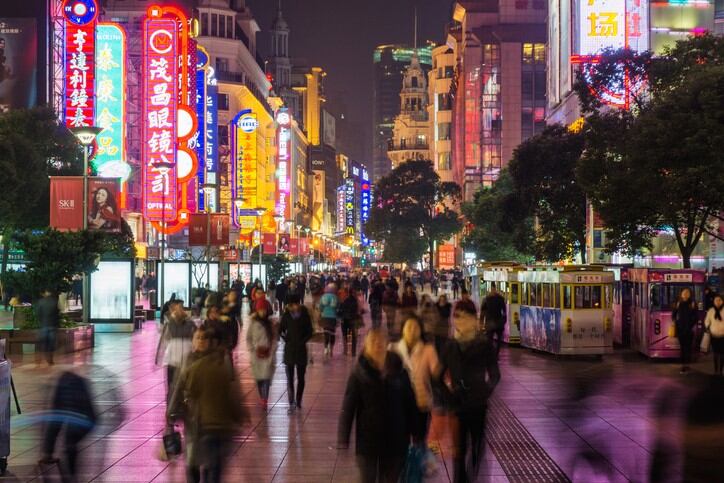Speaking at Cosmoprof Asia, Laurent Milet, General Director of Laboratoire Phyto-Actif estimated that in the last five years, China accounted for 50% of the €15bn global growth of natural products.
This growth makes the Chinese market very alluring for many natural brands, but Milet, who has 10 years of business experience in the Chinese market, believes falling for it will be a mistake. “It is very tempting to rush to China… think you have natural products and that you’re going to be rich.”
Regulation nightmare
Entering the Chinese market is not easy, but it is even trickier for natural and organic brands, said Milet. “Choosing to be in the organic field makes things even more complicated, especially when you talk about China. When you are a small company registering your products in China, it is hell.”
Laurent estimates that companies have to fork out at least €30,000 just to have their products placed on a shelf. Even then, it is not guaranteed that products are able stay there forever. “Regulations change every day, so tomorrow you don’t know if you can stay on the shelves,” said Laurent.
The mercurial state of rules and regulations in China led Laboratoire Phyto-Actif to enter the market with toothpaste first.
“We started with toothpaste, because it’s much easier to put on the shelves. We discovered a lot by selling toothpaste first,” said Laurent. “We made a lot of successes, but a lot of flops as well. After 10 years, we continue to learn with the help of the Chinese government.”
Unrecognised certification
While organic certifications are important in the US or Europe, Laurent, who is a board member of Cosmebio, said they do not hold as much weight in China. “If we think we can arrive in China with some [organic] tags, it will be a huge mistake. Being certified in China doesn’t mean anything. The logo means nothing and there is no need to be certified.”
Laurent estimated that while 50% of growth in natural product come from certified brands in the US, in China that number is significantly lower at 3%.
However, he is optimistic that things will change in the future, especially at the rate the Chinese government is moving. He even revealed that there have been talks to create an association of organic companies in China.
What consumers want
It is not just the authorities that are demanding. Laurent believes companies need to study the Chinese consumers as well.
Laurent observed that Chinese consumers are more discerning, probably because of the scandals and crisis that have plagued the nation. “When the Americans or the French choose a brand… they trust a brand because of the media or the blogger. The Chinese, because of all the crisis, especially the one with the milk, are looking to the ingredient lists much more.”
These consumers, he added, scan ingredient lists for ingredients they want to avoid. “I think the Chinese consumers are not aware of what they want, but they are more and more aware of what they don’t want. They are, more than organic buyers, nasties avoiders.”
In a similar vein, the question of health is a priority for Chinese consumers. “For 80% of Chinese consumers, cosmetics is directly linked to health. It is only 60% in the US, maybe because in US it’s more about well-being. For Chinese it is a question of health, anti-pollution, sensitive skin…”
While ingredients are always a priority, Laurent said that younger consumers are paying attention to corporate social responsibility as well. He has observed that some young Chinese believe corporations are much more efficient in the fight against pollution than the government.
“This has an impact on young Chinese and it is probably linked to the fact that the younger generation doesn’t believe that the government is efficient in terms of decreasing pollution and having impact on environment.”





